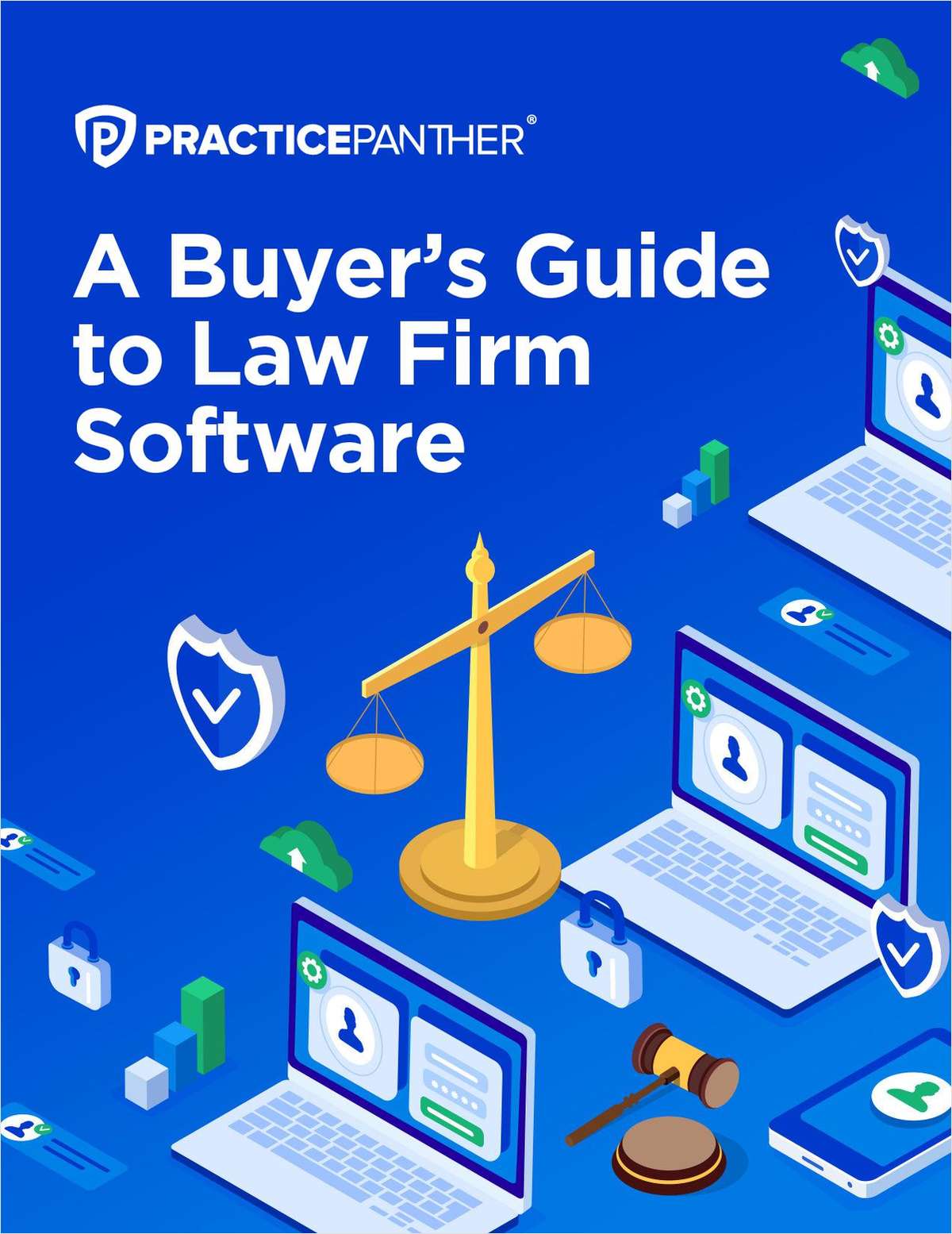0 results for 'Relativity'

A pleasant mix of clever and clownish
"Why are you filming midgets" is just one of the odder questions posed in "In Bruges." This pleasingly clever tale traces the fortunes of two hitmen, Ray Colin Farrell and Ken Brendan Gleeson, dispatched to the ancient medieval town of Bruges, Belgium, to cool their heels while waiting for new instructions.MAYO COLLABORATIVE SERVICES, DBA MAYO MEDICAL LABOR S, ET AL., Petitioners v. PROMETHEUS LABOR

The 'Next Big Thing' in E-Discovery?
Early case assessment, a process through which reviewers try to define the universe of potentially responsive electronically stored information as quickly and cheaply as possible, is either the "next big thing" or the "present big thing" in e-discovery, says attorney Leonard Deutchman.
Modifying Irrevocable Trusts: Proceed, But With Caution
William Schwartz, counsel to Cadwalader, Wickersham & Taft, writes: The common law, in relatively exceptional circumstances, provides only limited relief to cure problems with or defects in an irrevocable trust. The New York legislature has seen fit to provide broader statutory avenues of relief. In 2011, the legislature greatly expanded the reach of EPTL Section 10-6.6. This legislative action has provided fresh and significant impetus to utilize this statutory enactment and engage in a process commonly referred to as "decanting."
S.F. Judge Grants Crime Lab Info to PDs
Criminal defense attorneys going up against DNA evidence can get information about the accuracy of San Francisco's DNA testing procedures, a superior court judge ruled Thursday. In a tentative ruling that applies to eight felony cases, Superior Court Judge Mary Morgan ordered the district attorney's office to produce "any and all documentation" from the San Francisco Police Department's crime lab related to lab machinery six months before and after each case.
In Tough Times, the Art of the IT Hire
The economy remains rocky, treacherous even -- with unemployment hovering around 9 percent. Snarky news aggregator website Gawker.com even has a tag for "The Poors." And each week it seems that there is a new article about poverty descending on suburbia. So it was with some trepidation that I once again read that employers are having trouble finding good candidates to fill open positions. How can that be? The Wall Street Journal has published an effective piece, written by Peter Cappelli of the Wharton School ... [MORE]

Could The Greek Gods Have Patented Fire?
The Supreme Court?s most recent patent law decision, Mayo Collaborative Services v. Prometheus Labs Inc., limits the scope of the intellectual subject matter that is eligible for patent protection under 35 U.S.C. � 101. As a result, Prometheus has not been warmly received by the patent bar. For example, the case has been the subject of a five-part-tirade guest post on the prominent patent law blog Patently O.
Absolute Priority Rule Violated
In In re Armstrong World Industries Inc., the 3rd U.S. Circuit Court of Appeals affirmed a district court's denial of confirmation of a nonconsensual plan of reorganization, concluding that a distribution to shareholders by a class of unsecured asbestos personal injury claimants of a portion of the plan distribution intended for it, over the objection of the unsecured creditor class, would violate the plain language of the Bankruptcy Code known as the absolute priority rule.
TRENDING STORIES
More from ALM
- Morgan & Morgan Class Action Attorneys Detail Pathway to Success Within Cybersecurity and Data Privacy Practice 1 minute read
- Holwell Shuster & Goldberg Partners Leverage 'Hostile' Witnesses to Secure $101 Million Verdict Against Walmart 1 minute read
- Legal Speak at General Counsel Conference Midwest 2024: Mike Andolina, Partner, White & Case 1 minute read
Resources

State AI Legislation Is on the Move in 2024
Brought to you by LexisNexis®
Download Now

2024 ESI Risk Management & Litigation Readiness Report
Brought to you by Pagefreezer
Download Now

Creating a Culture of Compliance
Brought to you by Ironclad
Download Now

A Buyer's Guide to Law Firm Software
Brought to you by PracticePanther
Download Now



